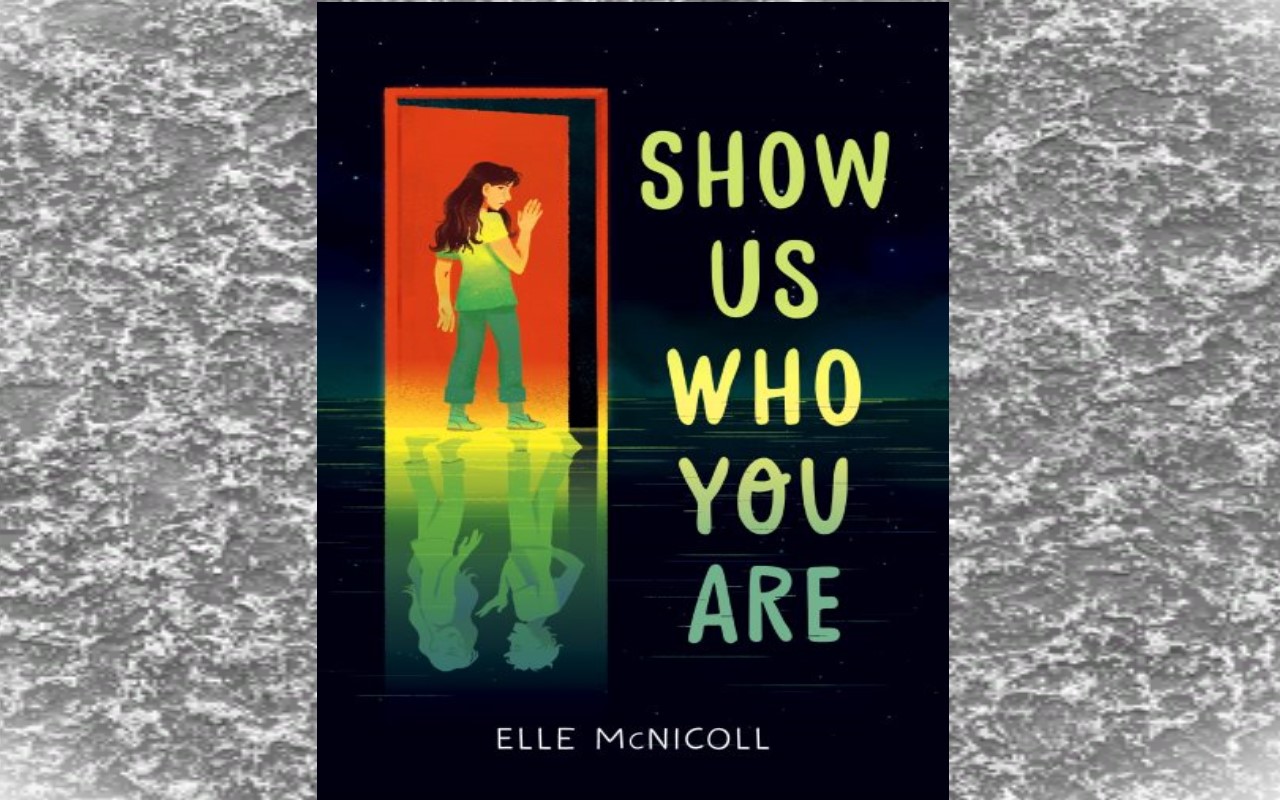
Stephen Hawking told the BBC,
"The development of full artificial intelligence could spell the end of the human race."
This month, we are reading a book that is part of the genre called Science Fiction.
Show Us Who You Are by Elle McNicoll demonstrates one of the many reasons why people like Stephen Hawking think that Artificial Intelligence (AI) represents a threat to the human race.
The main character, Cora, is a neurodivergent tween who has not found her voice yet. Over the course of the story, when she finds out how she is being used to erase other neurodivergent people like herself, she is filled with a purpose: to expose the AI company's founder, Dr. Gold, for her evil plans.
Dr. Gold wants to create artificially intelligent holograms for people who have passed away, without the "flaws." Well, how do know what is a "flaw?" For instance, Cora starts off thinking that her autism is a "flaw." After befriending a fellow neurodivergent tween, Adrien, Cora realizes that her so-called "flaw," is actually her strength. The way Cora thinks is very different from the way other people think. The way she thinks is a gift, not a "flaw."
Taking place sometime in the future, when airplanes are banned from the skies, scientists have reached a point where they can "download" people into a hologram, also called a "gram."
What is AI?
Britannica School's definition of AI is simply, "the ability of a digital computer or computer-controlled robot to perform tasks commonly associated with intelligent beings."
AI is a much more complex field than that definition, according to Stanford's AI Index Report, including:
- Money invested into studying AI.
- Partnerships with other countries, primarily China.
- AI language and how it tends to have a negative slant.
- AI is becoming more accessible because it has become cheaper and more complex.
- New laws meant to increase AI monitoring.
- AI and Ethics.
The last topic, AI and Ethics is explored in Show Us Who You Are.
AI and Ethics
If you are interested in the field of AI, there are many opportunities, per the Stanford Report:
- computer vision (machines can learn using a network like a human brain)
- language
- speech
- recommendation
- reinforcement learning
- hardware
- robotics
Currently, scientists are ethically concerned with AI language and its negative viewpoint of certain groups.
In the future, per Show Us Who You Are, we see what happens when people with bad intentions abuse the technology for their own purposes.
Dr. Gold builds grams that can impersonate a real person. When a person dies, those who loved them can relive life with the person who has passed away. However, Dr. Gold wants to erase what she considers "flaws" like autism or ADHD from her grams. The resulting gram doesn't show the true person, but a false persona that is not whole and true. Appalled, Cora is on a mission to reveal Dr. Gold's plan with the whole world.
Questions to Consider
- Different people have different ideas about using technology. Should companies be the ones to determine how to use technology? Why or why not?
- Cora has poor self-esteem before she meets Adrien. How does Adrien help her?
- Do you think Adrien is hiding from the world? If so, do you think it is a good idea to hide from the world?
- What do you think of Adrien's parents? Who do you think has his best interests at heart?
- Do you agree with Cora's conclusion about Dr. Gold? Why or why not?
- Are you interested in working in the field of AI? If so, what field?
Next month, we will be reading Playing Through the Turnaround by Mylisa Larsen.
If you have any questions or comments, leave them in the comments below!



Add a comment to: Ms. Ila’s Middle Grade Reading Club: Show Us Who You Are by Elle McNicoll